DevOps & Cloud Services
Streamline your business with our best-in-class DevOps & Cloud services
Businesses are continuously looking for methods to improve their agility, efficiency, and innovation in the fast-paced digital landscape of today. Making the deliberate choice to embrace DevOps & Cloud can transform your IT infrastructure and help your company reach new heights. We at Silicon Mind are your dependable guide on the revolutionary path of DevOps & Cloud adoption.
.
Our Services
Architecting
Creating smart ways for developers and operations teams to work together smoothly.
Performance Monitoring
Providing real-time insights for optimizing system efficiency.
Infrastructure as Code
Saving time and ensuring consistency through managing IT using simple code.
Cloud Management
Seamlessly orchestrates and optimizes resources in cloud for enhanced efficiency.
CI / CD
Automating reliable releases by continuous integration and deployment processes.
Services Security
Ensure robust security for your software development and operations through.
Unleash The Power of
DevOps & Cloud Services
Streamline Development and Deployment
Establish a seamless pipeline for code integration, testing and deployment, ensuring rapid and reliable software delivery.
Migrate Seamlessly
We meticulously plan and execute cloud migrations, ensuring a smooth transition of your applications, data and workloads to the cloud environment.
Embrace Automation
Automate repetitive tasks, such as infrastructure provisioning and configuration management, to free up your team's time for higher-value activities.
Optimize Cloud Resources
We leverage cloud management tools to optimize resource utilization, minimizing costs and maximizing performance.
Enhance Collaboration
Foster a culture of collaboration between development and operations teams, breaking down silos and fostering a shared responsibility for software quality and performance.
Embrace Cloud-Native Technologies
We guide you in adopting cloud-native technologies, such as containers and microservices, to enhance application agility and scalability.
Why choose Silicon Mind as a
DevOps & Cloud Services Provider?
wide range and diversified set of technologies & tools
From Architecting to operations, we can help you streamline your processes and improve your efficiency. We have a team of experienced professionals who are well-versed in the latest technologies & tools and our services are designed to help you get the most out of your investment.

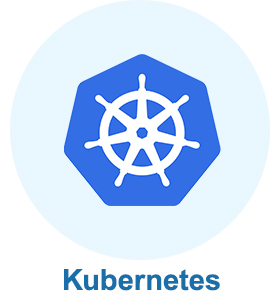




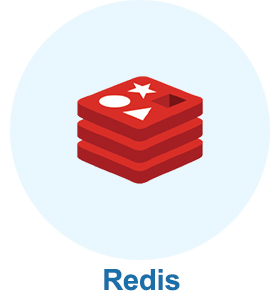


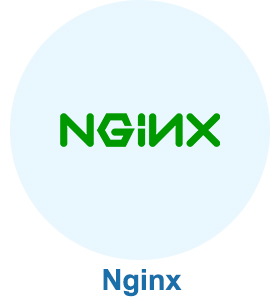
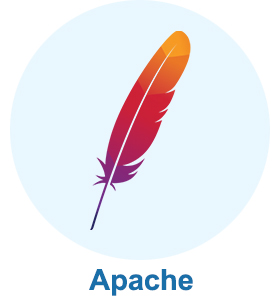
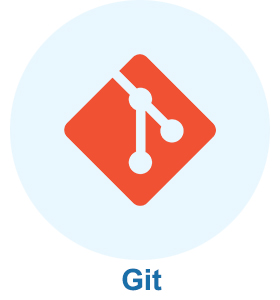
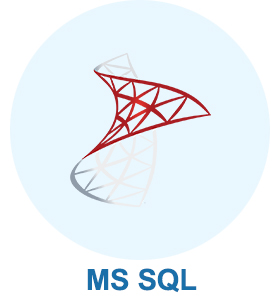
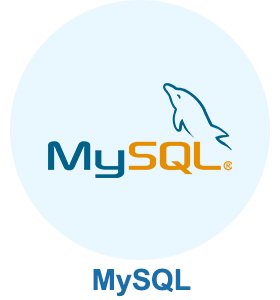
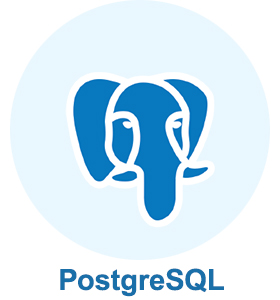




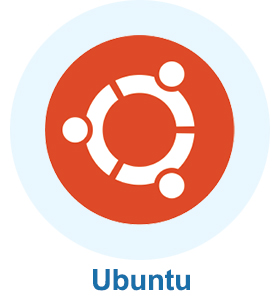



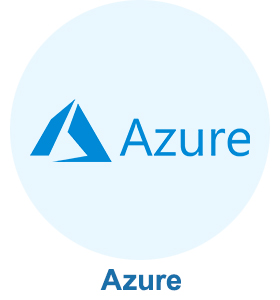
Experienced team of engineers
Our team possesses deep expertise and a proven track record of successful DevOps & Cloud implementations across industries.
Commitment to innovation
We continuously explore and adopt emerging technologies ensuring that your solutions remain at the forefront of innovation.
Focus on client satisfaction
We prioritize understanding your business goals and exceeding your expectations through our dedicated service and support.
Holistic approach
We provide a comprehensive range of DevOps & Cloud services, from strategy to implementation and ongoing support, ensuring a holistic approach to your digital transformation journey.
Silicon Mind DevOps & Cloud Service Process
Silicon Mind provides DevOps & Cloud services that will revolutionize the way you approach software deployments. Our integrated and controlled process flow allows for faster delivery of products, improved quality, and accelerated engineering productivity. Our team of talented engineers has a very strong infrastructure background which allows them to quickly & efficiently pin out complex problems that are related to virtual servers' connectivity thus maintaining a high level of service availability.
Business Analysis
We conduct research to gain insights into existing processes, systems, and structures that could potentially be optimized. Furthermore, we gather stakeholder feedback and perform a gap analysis to determine what changes are necessary to ensure the end-to-end success of a project.
Solution Planning
Solution planning is a key step in the DevOps process, we analyze customer needs and develop plans that utilize existing resources while also allowing for scalability. We evaluate the potential solutions in terms of their technical feasibility, cost-effectiveness, scalability, maintainability and flexibility.
Environment Setup
We provision and configure all technical implementations necessary to create an integrated, automated environment that supports the processes involved in DevOps through CI/CD tools integrated with various pipelines.
We implement the best practices in order to ensure that changes made within the environment are properly tracked and utilized using different technologies to fit properly in place along with implementing a flexible environment including virtualization/dockerization on various platforms.
Applying Security Fundamentals
Applying Security Fundamentals is an integral component of the DevOps process. we develop a range of security-related strategies and technologies in order to ensure that all data, applications and systems remain secure throughout the development and delivery of your solution.
Continuous Support
Continuous Support is a key component of the DevOps process success, We ensure that everything is functioning correctly and meeting user needs. Silicon Mind performs best for every customer as we provide ongoing maintenance and problem resolution in minimal time.
FAQs
Most frequent questions and answers
DevOps is needed to bridge the gap between software development and IT operations. It helps teams collaborate better, develop faster and deploy more reliably. DevOps tools automate processes, improve communication and provide a unified platform for teams to work together on projects. This helps organizations become more efficient and successful in their development efforts.
Yes, DevOps engineers need to have a strong understanding of coding and scripting languages. They should be proficient in at least one major language like Python or Java, as well as be able to write shell scripts for automation tasks. Knowing other languages such as Ruby, Perl, and JavaScript is beneficial too. Ultimately, the more coding skills DevOps engineers have, the better they will be able to support their organization’s deployment needs.
A DevOps roadmap is a plan of action created to help guide an organization through the process of adopting and implementing DevOps practices. The roadmap should include objectives, strategies, and tactics to ensure successful adoption and implementation. It should also include timelines for the completion of each step in the process, as well as resources needed to complete the project.
DevOps is a combination of development and operations that focuses on automating processes to improve collaboration between teams, while system admins are responsible for maintaining the hardware and software infrastructure of a company. System admins focus more on the technical aspects of the system, while DevOps looks at the entire process from development to deployment.
No, DevOps is not always related to dockerization. DevOps is a set of practices and processes that help teams automate and streamline their software development and operations processes. Dockerization is just one of the many tools in the DevOps toolkit that can be used to improve efficiency, scalability, and reliability of applications.
Companies that choose to shift to the cloud do so for a number of reasons. The benefits of flexibility, scalability, cost savings, etc. are weighed against availability concerns. It is important to evaluate if the cloud is right for you from a strategic and operational perspective. Does your demand for IT vary throughout the year? Are the costs of your IT impacting your ability to grow as a business? If so, you may consider a cloud option that can be easily scaled.
Developing a cloud strategy begins with outlining your technical and business objectives. Understand what the drivers are for your company to shift to the cloud and what solutions these drivers require. Your cloud strategy may be to start small and grow gradually, or your business may be in a position to dive right in. Once you identify your needs, you can better understand if your cloud strategy should include public, private, or hybrid cloud solutions. lay out a roadmap and timeline to execute your shift to the cloud.
Many companies do not take the time to consider what they may need to put into place prior to shifting to the cloud. For the most part, preparing to shift to the cloud is simple and just requires you to have a cloud services provider handle the transition. However, one of the biggest things to consider is your network bandwidth. With the strain put on local internet connections from cloud computing, you may consider upgrading your bandwidth or investing in SD-WAN technology to increase connectivity.
Since one of the major appeals of working with a cloud services provider is that they handle the ins and outs of your cloud transition, you shouldn’t have to hire additional staff when shifting to the cloud. However, having some IT expertise in-house is helpful to make the transition smooth. If you do not have an existing IT team, consider hiring an IT professional to help take advantage of the services that cloud providers offer and provide advice.